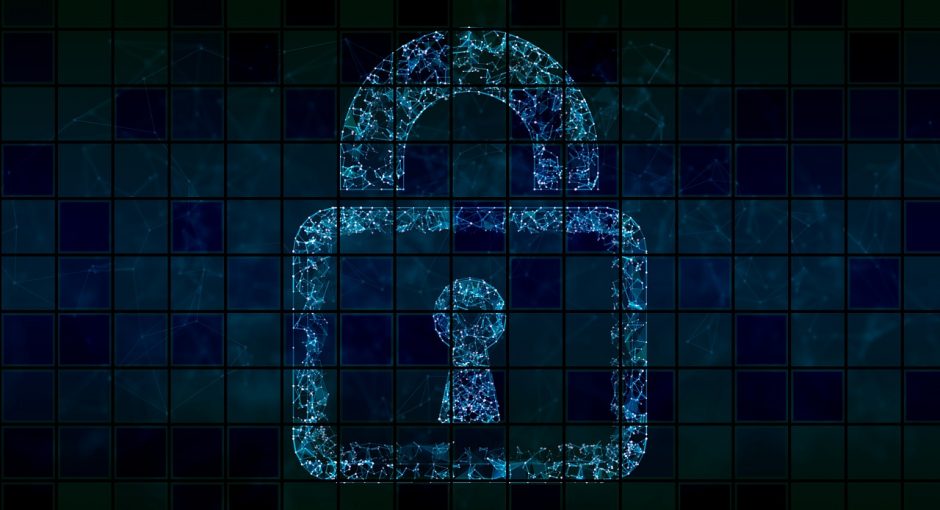Digital Secrecy is an internet security service that allows end-users of the Internet to make sure that the information they are sending and receiving is private and confidential. In other words, the Digital Secrecy network protects information by encrypting it with digital keys that only authorized key-holders can understand and decrypt. This makes sending or receiving confidential while online much more difficult, preventing casual thieves from intercepting your data as well as harmful hackers. Digital Secrecy was created by researchers at the Massachusetts Institute of Technology (MIT) and Cisco, a leading provider of networking services.
In order to make Digital Secrecy work, you must have a broadband connection in which to run the Digital Secrecy software. This type of privacy network operates on the principle that the more data you can encrypt at one time, the better off you will be. Digital Secrecy works best when used with a mass surveillance program such as G Solitaire or some other form of similar software. Digital Secrecy also has the unfortunate side effect of making your email communications more vulnerable to spyware and viruses. This is because these types of attacks usually originate from spyware and viruses.
In order to effectively use Digital Secrecy, you need to have a company or person who specializes in digital privacy and monitoring. Digital Secrecy works best when implemented in conjunction with mass surveillance programs like G Solitaire or some other form of similar software. If you want to fully protect your privacy online from prying eyes, then Digital Secrecy is not enough; you also need to have your computer and internet connected to a Digital Secrecy partner company. A Digital Secrecy partner company will keep track of the sites you visit and send you alerts if it detects any activity on your part.
Digital Secrecy does have its critics, most notably the Electronic Privacy and Digital Rights Management Organization (EPROM). Although the organization is not widely recognized in the legal community, it does work in the computer security industry. Digital Secrecy’s biggest problem is the fact that it makes confidential information vulnerable to misuse. Because people are allowed to view and download any confidential information that they want, Digital Secrecy makes it easy for identity thieves and fraudsters to obtain confidential information.
Digital Secrecy is not compatible with traditional data protection methods, such as firewalls or anti-virus software. Traditional data protection methods work by preventing data packets from being able to leave or enter a system. Digital Secrecy works by preventing the communication of packets of data at the edge of the network or within an organization. This can make Digital Secrecy difficult for organizations with high levels of internal computer activity, or even impossible for some employees to access.
An explanation of Digital Secrecy might seem overly simplistic, but the technical description is quite complicated. It consists of four main elements: end-to-end encryption, Digital Certificate, Digital Stealth, and client-server authentication. These four elements work together to provide end-to-end encryption that stops an individual from intercepting or spying on the traffic that has passed through the network. Digital Certificate allows a third party to verify the integrity of a website before it sends sensitive information or data over the internet. Digital Stealth prevents the transmission of sensitive data or information over the network without Digital Secrecy’s knowledge, allowing only the intended recipient to receive the information.
With regards to Digital Secrecy, there is actually a lot of confusion. The confusion stems from the fact that Digital Secrecy is actually a form of privacy, along with data privacy, along with the cloud and VPN technologies. The confusion also arises from the fact that Digital Secrecy is often compared to Digital certificates, which are actually transportable keys that allow individuals to sign documents using their private keys rather than their public keys. Digital Secrecy and Digital Certificates are two distinct concepts. While Digital Secrecy provides end-to-end encryption, Digital Certificates provides authentication services that are needed when confidential information needs to be transmitted over the internet. Digital certificates are used as signatures for email attachments, web pages, and web servers.
Digital Secrecy is actually provided by different companies under different brand names. Some of these companies include Kaspersky Lab, Norton, Symantec, AVG, ZoneAlarm, Panda, Cloudmark, and many more. Digital Secrecy is offered by different cloud providers including Cloudmark, Secure Data Storage Inc., and Darkside Internet Security. The Digital Secrecy software is available to customers free of charge; however, to make up for the cost of Digital Secrecy, some of the cloud providers also offer other complimentary services such as email and chat support, system monitoring, and other perks that are usually included with other software such as Adobe Acrobat, QuickTime, and Microsoft Office. Because Digital Secrecy is meant to provide end-to-end data security for emails, documents, and other confidential information, it is recommended that you use a third-party vendor that provides similar services and that also provides Digital Secrecy.
Image by Pete Linforth from Pixabay
























